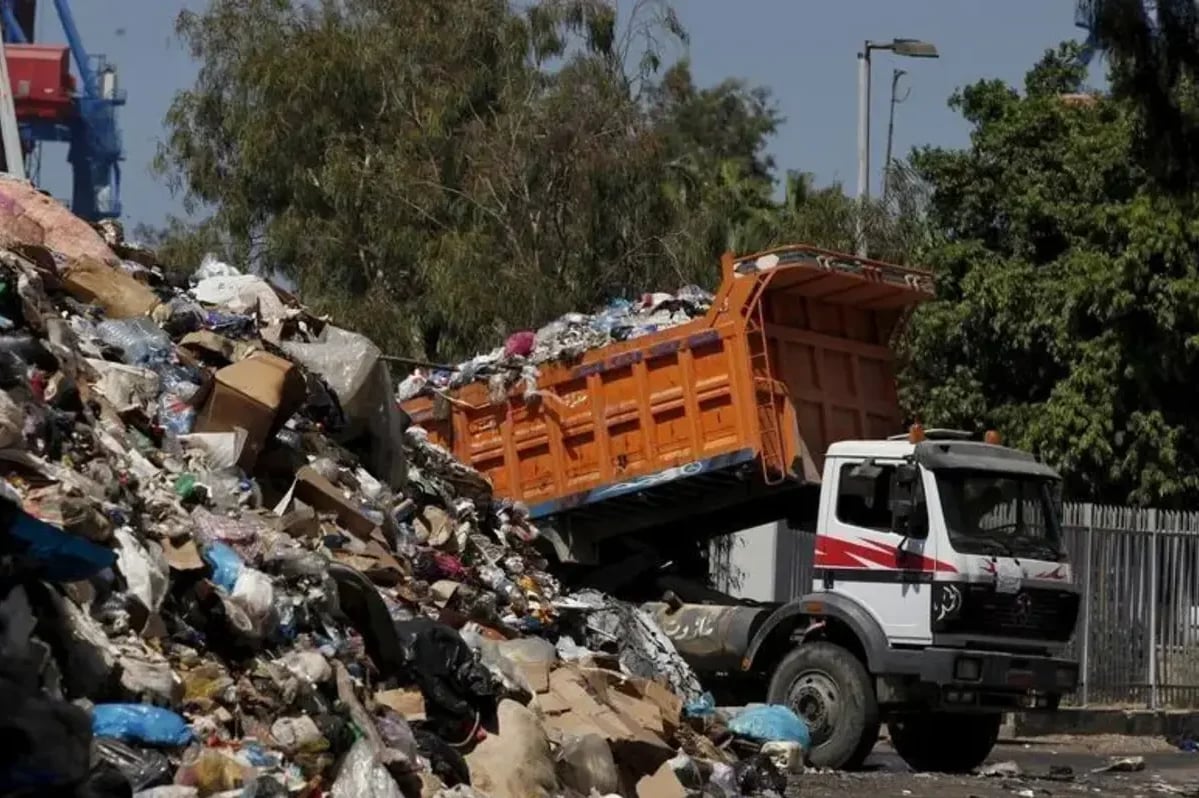Item 12 of its recommendations saw the European Parliament voicing its apprehension regarding numerous instances of mismanagement and fraud associated with EU-funded waste management projects scheduled to take place in Lebanon. The concerns stemmed from a lack of transparency, inadequate control measures, and weak criteria for selection, bidding, and record-keeping. In response to these concerns, the Parliament urged both the Commission and the European Prosecutor’s Office (EPPO) to thoroughly assess the alleged misuse of EU funds specifically in relation to waste management facilities.
Alarming mismanagement
The Reform Initiative for Transparent Economies (RITE), based in the United Kingdom (U.K.), has recently released a comprehensive investigation shedding light on the alarming mismanagement of a waste treatment project by the European Union (EU) and its Lebanese executive partner, OMSAR. The project, amounting to over 30 million euros ($32.4 million), came under scrutiny as the investigation highlighted insufficient planning and preparation prior to the allocation of substantial funds.
The findings of the investigation were damning, as it criticized the EU for accepting flawed designs for the plant and equipment, leading to inherent problems. Moreover, the lack of accountability and transparency during the project’s implementation phase raised serious concerns, particularly regarding the unclear discrepancy in the prices of plant reconstruction. Additionally, the unjustifiable absence of proper record-keeping practices and issues with contractor selection criteria during tendering operations further compounded the project’s mismanagement.
Stricter control
The investigation conducted by RITE highlighted the pressing need for stricter controls, irrespective of the implementing partners’ identities. It presented compelling evidence of the unsuccessful collaboration with a private company in the Al-Fayha waste treatment plant, the largest facility established, terming it as futile. The investigation also shed light on the ineffective role played by UNDP through its recruitment of project managers and its involvement in the management committee.
Read more: Inflation in Lebanon rises to 251.5% amid solutions crises
Call to action
In response to RITE’s findings, the European Parliament issued a call to action. It urged Lebanese and international partners to release all pertinent documents for independent scrutiny by civil society institutions. Furthermore, it called upon European donors, including the European Union itself, to openly share these standards and best practices. The aim is to ensure transparency and accountability across the board, setting a precedent for responsible project implementation.
For more news on Lebanon, click here.








